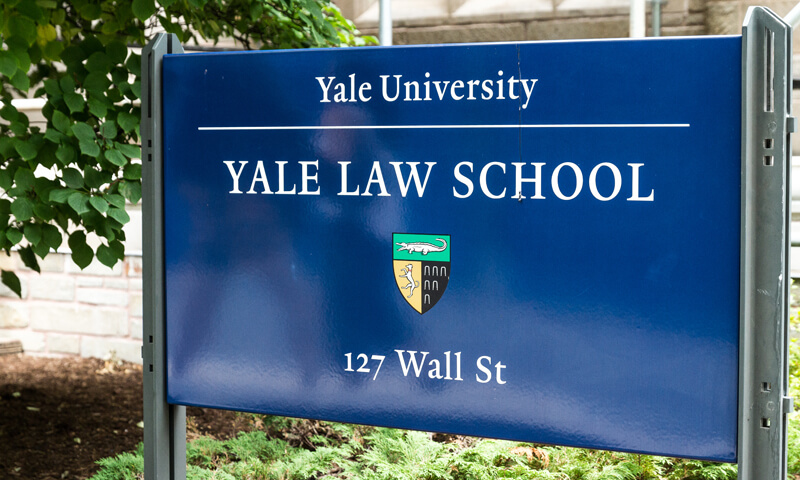Guest Post By: Harold Smith
When you think Denver several things may come to mind: the Rocky Mountains, the Denver Broncos and, of course, Coors beer. But something else the city of Denver is quietly becoming known for is the ability to provide a truly world-class, innovative legal education.
Much of the credit goes to Colorado’s two law schools: Sturm College of Law at the University of Denver and the University of Colorado School of Law. Recently Pre Law Magazine, produced by the National Jurist, rated Denver Law tops in a story entitled “25 Innovative Ideas” for the Experiential Advantage Curriculum.
Law schools nationally have been catching heat from law firms for not providing enough “practice ready attorneys.” Meaning graduates may understand the law on paper, but they just aren’t able to translate it into practice. This year Denver Law launched the Experiential Advantage Curriculum, which allows students to spend a full year of their law school career in real or simulated practice. This includes legal simulations courses, live client clinics and externships to get students familiar with how to practice law.
After all, this is something to be expected from Denver Law. The school opened the nation’s first law school clinic in 1904 and it’s been cited by U.S. News & World Report as a school that has demonstrated best practices.
“Employers have told us repeatedly that they are looking for graduates with real or simulated practice experience, and the skills and perspective that come from such experience,” says Dean Katz. “We believe that the Experiential Advantage Curriculum will provide our graduates with a significant advantage in the job market.”
Listed second on Pre Law Magazine’s list of “25 innovative ideas” was a partnership between Denver Law and the University of Colorado Law School to develop a residency program – much like a medical residency – for graduates during the first year of practice. The program is relatively new, but Denver-based companies have hired residents and several other firms have committed to doing so as well.
Receiving Legal Accolades
Law schools are crawling with some of the greatest legal minds in the world, but can these lawyers take their world-class law background and turn it into effective legal pedagogy. Recently Harvard University Press released the text What The Best Law Teachers Do, a synopsis of what the 26 best law professors do. This is everything from preparing to go into the classroom, relating to students and the lasting lessons that students take away.
Featured prominently in this text is Roberto Corrada, the new Mulligan Burleson Chair in Modern Learning at Denver Law. An example of Corrada’s approach is his allowance for students to unionize in his labor law class and engage in collective bargaining with him over the terms of the class – including the format and curve of the exam.
Jobs, Jobs, Jobs
National statistics paint a bleak picture for law graduates. Nationally, the Bureau of Labor Statistics projects that there will be roughly 26,000 job openings per year for lawyers over the next few years. This compares poorly to the 44,000 new graduates per year that law schools across the country have produced in recent years – nearly 2 graduates for every law job nationally.
But the math in Denver and Colorado is very different. The Colorado Department of Labor and Employment projects there will be roughly 550 lawyer job openings per year over the next few years. This figure understates the job opportunities for JD’s in the state, since it only counts jobs for which bar passage is required. And while some critics scoff at jobs that do not require bar passage, many law school graduates seek and enjoy such jobs. Even during the boom years, when law graduates had fewer constraints, roughly 16 percent of them still selected jobs for which bar passage was not required. But counting only the 550 bar-passage-required jobs projected each year in Colorado, the situation still looks good. When you consider that Colorado’s two law schools, the primary suppliers for Colorado’s legal market, produce fewer than 450 new law graduates per year, the math here looks favorable – more than one lawyer job for every law graduate in Colorado.
A legal education is more than just utilizing the Socratic method effectively. It involves developing a student’s grasp of the law while ensuring they will be effective legal clinicians. Something the folks in Denver have fully embraced.













































